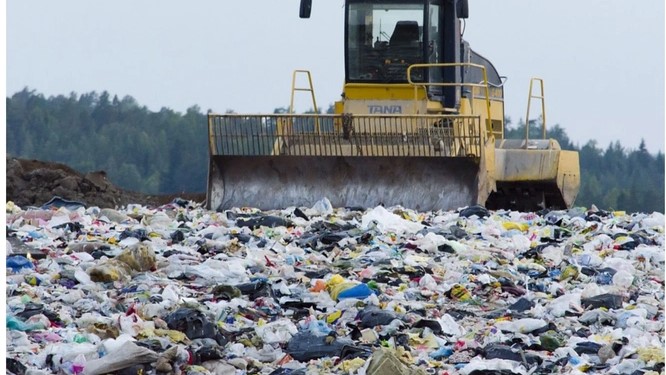Business waste includes commercial and industrial waste that needs to be disposed of. Businesses are typically expected to arrange for their own waste management arrangements. Some waste types that are included in business waste are Medical waste, Hazardous waste, and Dry mixed recycling. To learn more about the different types of waste, check out the following resources:
https://compareyourbusinesscosts.co.uk/commercial-waste-collection-leeds
Food waste
Whether you run a restaurant or a business, it’s crucial to cut down on food waste to reduce disposal costs. By implementing smart buying practices and using food-saving technology, you can minimize the amount of food waste in your business. Food donation programs can also reduce your food inventory and help promote sustainability. The National Restaurant Association and the EPA provide guidelines for reducing food waste disposal costs. In addition, there are some apps available for restaurants that can help them manage pre-consumer waste.
In the United States alone, around 30% of the food produced is thrown out. This represents an enormous waste problem. Food waste not only costs the economy, but it also harms the environment. By generating carbon emissions, food waste contributes to global warming. It also pollutes water and land.
Medical waste
Biomedical waste is anything that is related to or comes from the medical field. This includes everything from infectious and pathological waste to chemotherapy waste and even human body parts. However, hazardous and radioactive wastes should not be mixed in with biomedical wastes. This waste type also includes bodily fluids, discarded animal carcasses and sharps.
Companies that collect, treat and dispose of medical waste must follow specific rules. They must separate it from ordinary waste and be registered with the executive director. They must also keep a roster and paper trail of each shipment for three years.
Hazardous waste
A business that generates hazardous waste must use a licensed disposal contractor to handle the waste. EPA’s P-List lists acutely hazardous wastes, and any business waste that produces more than two hundred pounds of these in a month must use a licensed disposal contractor. Fortunately, there are companies that specialize in the recycling, handling, and disposal of hazardous wastes.
Hazardous wastes should be transported in an upright vehicle away from the passenger compartment. This will prevent a hazardous waste spill from entering the vehicle or contaminating the driver or passengers. Moreover, businesses that are exempt from the registration or manifesting requirements do not need to provide the MSDS of the wastes that they transport.
Dry mixed recycling
If you are a business owner, you’ll want to make sure your waste is properly recycled. Fortunately, most types of paper can be recycled in dry mixed recycling bins. These include printer paper, plain white paper, newspapers and magazines, and shredded paper. Other types of waste, such as liquids and polystyrene, cannot be recycled.
Dry mixed recycling of business is a great way to reduce your landfill tax and improve your business’s environmental profile. It helps the environment by reducing waste sent to landfills, creating new products, and eliminating the need for new raw materials. Plus, it’s cheaper than general waste removal and can help your business keep costs low. And with a fully personalised account management solution, you won’t have to worry about figuring out what to put in which bin.
Secure document shredding
Whether you’re a small business or a large corporation, the security of your documents is crucial. From health records to earnings, a company’s documents can contain sensitive information. Using secure document shredding can help protect your employees, customers, and business partners from identity theft and the negative publicity that can result.
https://compareyourbusinesscosts.co.uk/commercial-waste-collection-leeds
Aside from being a responsible business practice, secure document shredding is often required by law. Failure to comply can lead to significant fines and prosecution. In many countries, privacy legislation requires businesses to destroy any information that could compromise the privacy of customers, employees, or clients. Additionally, secure document shredding protects the environment. It prevents unused paper from ending up in landfills.
Commercial composting
If you want to start your own business and compost business waste, you will need to obtain a Certificate of Occupancy (CO) from your local government authority. You will also need to comply with local zoning and building codes. Lastly, you will need insurance to protect your business against covered losses.
The benefits of composting your business waste go beyond saving money. It is also a great way to make a difference in the environment. Composting waste helps recycle natural materials and creates valuable soil additives. You can compost food scraps, leaves, paper, yard waste, and wood.

